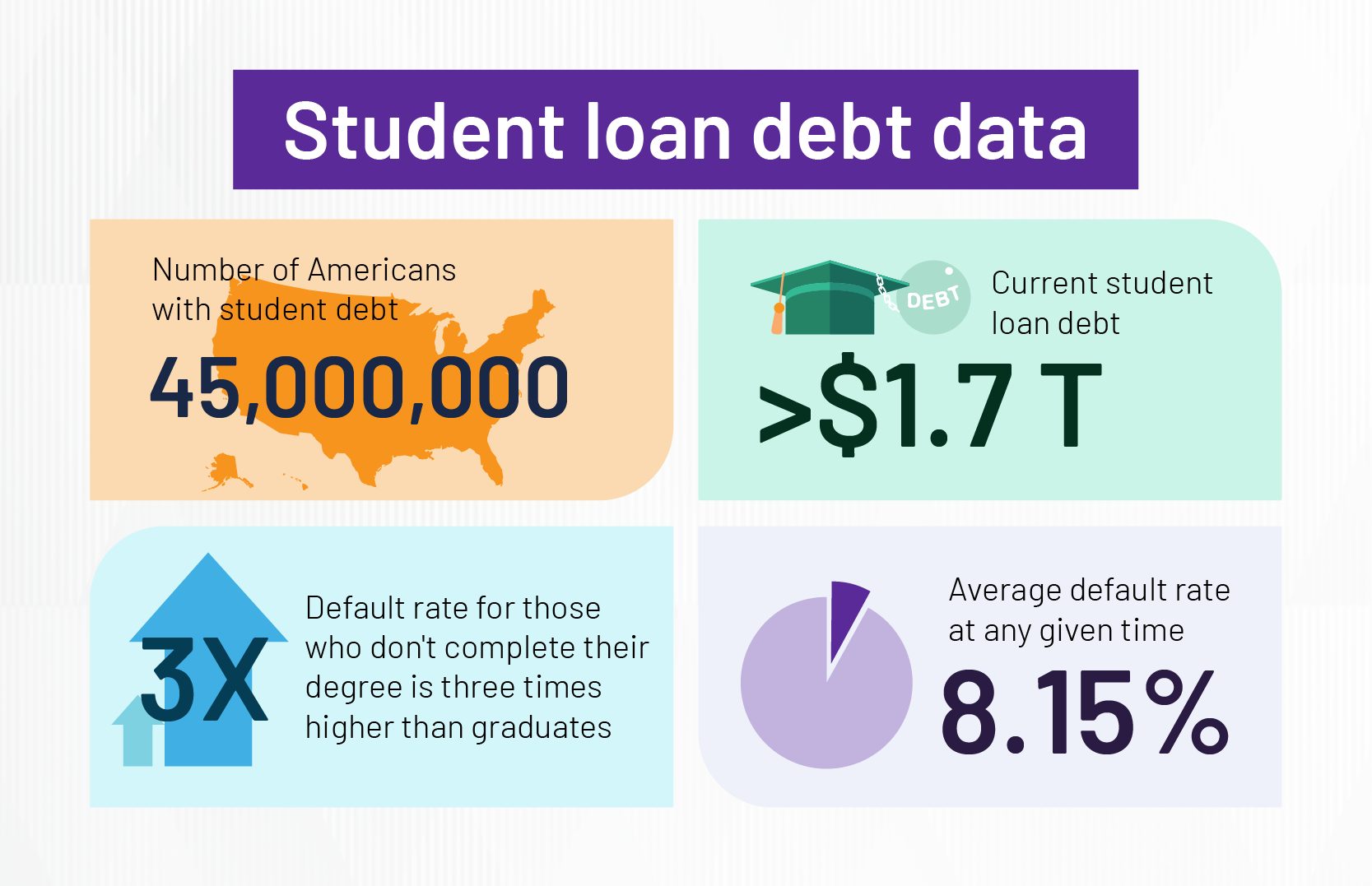
Time management is the art of planning and designing your schedule. Following the best practices for handling your agenda can help you create a more effective and efficient routine.
For college or university students, learning proper time management techniques is necessary for success. However, many individuals arrive on campus without the tools to self-manage, meet important deadlines, and balance busy schedules.
We are breaking down how to help college students with time management to benefit their future and help your institution thrive.
10 tips to help students with time management
Colleges or universities can benefit from providing their students with resources to learn about good time management techniques. Your institution can do this in a few different ways, such as incorporating tips into a first-year workshop, training advisors and student support staff on ways to help, or posting helpful resources on your website.
The following are time management tips that institutions can share with struggling students:
1. Use digital calendars or scheduling tools
Encourage your students to use digital calendars and scheduling tools. Having access to them from the convenience of their phone or laptop is highly advantageous, especially for individuals prone to forgetting things like a physical planner.
Students can choose from various apps and platforms designed specifically for organizing class schedules and tracking assignments. A digital calendar is a great starting point for people looking to organize their daily, weekly, and monthly to-do lists.
2. Focus on one thing at a time
Between streaming services, social media, and endless social engagements, distractions are everywhere for modern college kids. If you’re looking for how to help students with time management, encourage them to practice focusing on one thing at a time.
This is a simple but effective technique for tapping into deep work, where students can boost productivity and engagement with their course materials. Focusing on one thing at a time allows the brain to think critically and enhances feelings of accomplishment when a task is complete.
3. Set specific study session goals
For many higher education students, studying feels like an endless pursuit. They could review their study materials repeatedly until it is time for the exam. However, time is limited. Many students balance a hectic schedule between attending classes, working jobs, and having a personal life.
By setting clear study session goals, your students can home in on specific learning outcomes or milestones. They’ll save time and energy by staying focused and setting parameters to combat burnout.
4. Use reminders and alarms
An effective first-year student time management tip is to set reminders and alarms for everything:
- Waking up
- Class
- Study time
- Meals
- Extracurriculars
- Departure time
- Going to sleep
For many individuals, college is their first taste of freedom and handling their own schedule. Mastering time management takes practice. Setting alarms and reminders helps ease their mental load so they can rest assured they’ll get where they need to go on time.
5. Create routines

Another practical tip to help college students with time management is creating daily and weekly routines.
Routines keep you grounded, making it easier to manage stress, stay level-headed, and feel in control. Students can implement healthy daily habits, like waking up and going to sleep at the same time each day, to feel their best and boost their performance. Routines also help students complete their to-do lists more efficiently over time.
6. Prioritize your tasks and commitments
A leading cause of poor time management for post-secondary students is committing to too many activities. Balancing class, studying, part-time jobs, social activities, extracurriculars, and academic opportunities can be a massive challenge.
Encourage your students to prioritize their commitments and determine if keeping up with all of their responsibilities is feasible and sustainable. They may need to make sacrifices to ensure they have enough time to function properly.
Students should also learn to prioritize their daily tasks according to their due dates and the amount of work required for completion. Doing so ensures students give their activities the attention needed to complete them well and on time.
7. Take breaks and practice self-care
Your institution can also help its students improve their time management skills by urging them to take breaks and prioritize self-care.
Purposeful breaks are key to managing stress and keeping your brain functioning at its best. They can make students feel more productive, motivated, and energetic, helping them easily work through long to-do lists.
Encourage your students and faculty to step away from their responsibilities and spend time doing self-care activities at least once a week.
8. Set realistic goals
Time management is difficult for many people because they set unrealistic goals for what they can complete or do in a certain amount of time. Teach your students about developing feasible objectives that are still motivating but completely possible.
Students should work with instead of against their personal learning style to create reasonable and achievable goals.
9. Create weekly and daily to-do lists
Students struggling with time management can improve how they manage their to-do list by splitting it into weekly and daily tasks. They should assess if there are any due dates, meetings, or other items on their agenda throughout the week. Doing this check-in on Sunday night or Monday morning is best so they can anticipate the next few days ahead. Then, at the start of each day, they can create a daily to-do outlining the priorities for the next 24 hours.
Monitoring both weekly and daily lists can help students who often forget about upcoming assignments or due dates.
10. Ask for help
Encourage students to ask for help when they struggle with time management. Ensure they know that many individuals have similar challenges, especially in the first year of higher education.
Promote your campus resources as often as possible so students know where they can turn for guidance. Train your academic advisors on best time management practices, and consider creating an intervention plan for struggling students.
Request a demo of higher education software from Watermark
When your institution is ready to support continuous improvement and enhance student outcomes, turn to the solutions from Watermark.
With Watermark Student Success & Engagement, your higher education institution can leverage data to identify students in need of additional support and guide important decision-making. Our software offers advanced, intuitive reporting and guided pathways for students, helping them establish a plan to thrive. Your college or university can also use our tools for easy attendance tracking and automated alerts.
Are you interested in seeing more? Request a demo of Student Success & Engagement from Watermark today.
















































































































































































































































































































































































































